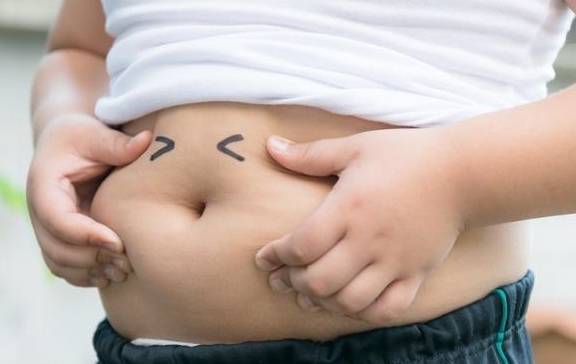Which time of the day do women weigh more realistically during weight loss? Are you weighing the right thing?

The woman’s weight loss can be a lifelong career, they are always inseparable from the weight loss thing in the usual conversation. Usually we all often say that a white covers a hundred ugly, a fat ruins all. Obesity for a person’s influence is how big, women friends in the usual will be more concerned about their weight, so in the morning to wake up and night before going to bed will weigh, if they find their weight has a rising trend, they will be more panic, and will immediately start to lose weight. In fact, there is something to be said for weighing yourself during the weight loss period. Only when you choose the right time can you know your true weight, so let’s take a look at it together.
The most important thing is to choose the right time to weigh your true weight.
In fact, the most suitable time to weigh during weight loss is in the morning after waking up, because after a night’s sleep, the waste and toxins in the human body are metabolized and discharged from the body in the form of feces and urine. Therefore, our stomach and intestines are empty after we wake up in the morning, so our weight is not affected by other factors and the weight we get at this time is the true weight.
Some women keep weighing themselves when they have nothing else to do, hoping to see their weight drop. This is not recommended, especially in the morning and at night, when the difference in weight is greater, because in the morning our stomach is empty, and after a long day’s work and three meals a day, when we weigh ourselves in the evening, our weight will be heavier than in the morning, so it is not recommended that we weigh ourselves several times a day. It is best to weigh yourself at a fixed time each day so that you can get a more accurate picture of your weight change.
In fact, apart from measuring your weight, you may also be able to tell if you are losing weight by observing some changes in your body.
1. A gap between the thighs.
The inner part of our thighs is the easiest part to accumulate fat, so many people who are obese will have elephant legs. The legs are thicker, not only will affect a person’s external image, but also affect daily life, they will be more strenuous when walking exercise in general, and the legs are thicker, and then wearing clothes is also more ugly, so many people in the weight loss time will start from reducing thighs. If you find yourself during the weight loss period, when you stand, the gap between the two legs has increased significantly, it means that we have seen the effect of leg weight loss, we must continue to insist.
2, the amount of food becomes less.
Many people will become fat, is because of long-term bad eating habits and caused, they always eat a lot, and also always like to eat some high fat and high calorie food, will make the body accumulate a lot of fat and form flab. So that obesity is not a day formed, weight loss is also a relatively long process, during the weight loss period must control their own diet is their own food intake is constantly reduced, so that their weight can slowly become lighter.
3, normal bowel movements.
Many obese people will suffer from constipation, long-term non-defecation is also a reason for them to gain weight. Under normal circumstances we need to defecate every day, and the number of bowel movements a day from once to three times, many people who pay attention to health will be in the morning after waking up defecation, because after a night of metabolism, the body will form a large number of feces and rubbish, only in the morning after waking up in a timely manner out of the body, in order to maintain physical health and avoid obesity. This is why dieters should also observe their bowel movements during the weight loss period. They can eat more fresh fruits and vegetables and reduce the intake of high-fat and high-calorie foods, so as to reduce their gastrointestinal burden, normalise their bowel movements and reduce the appearance of constipation.



